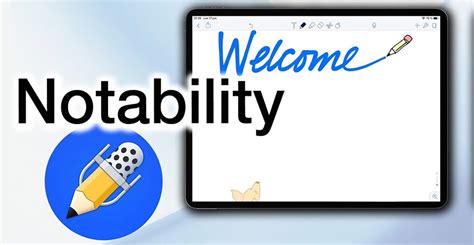In the realm of digital note-taking, the demand for secure, cross-platform, and offline-capable apps has never been higher. Many of us have experimented with several note-taking tools over the years, trying to find that one perfect solution. But, let’s face it, while options like Google Keep are popular, they often fall short when it comes to features like encryption and offline functionality. Enter Unforget, a note-taking app meticulously designed to address these pain points by offering an offline-first, fully encrypted, and lightweight experience.
One of the standout features of Unforget is its **offline-first capability**, allowing users to take notes even in the absence of an internet connection. This is achieved through service workers and IndexedDB, ensuring that your notes are always at your fingertips. Unlike many web-based solutions that struggle without internet, Unforget puts offline access at the forefront. A simple snippet to illustrate the use of service workers to cache assets would be:
self.addEventListener('install', event => {
event.waitUntil(
caches.open('my-cache').then(cache => {
return cache.addAll([
'/',
'/index.html',
'/styles/main.css',
'/script/main.js'
]);
})
);
});This aspect is vital for those of us who find ourselves jotting down urgent notes in places where connectivity might be unreliable. For instance, while traveling, the last thing we need is to open our note-taking app only to find it unusable due to a lack of signal. As a user, I have frequently encountered this with Google Keep, leading to immense frustration. The app’s focus on accessibility ensures that such hindrances are virtually non-existent.
Moreover, **data security** is another cornerstone of Unforget. In today’s digital age, safeguarding personal information is paramount, and Unforget takes this seriously by employing end-to-end encryption for all your notes. This means that not even the service provider can read your data — only you hold the keys to decrypt it. The importance of this cannot be overstated in an era where data breaches are all too common. To better understand the encryption, here’s a simplistic example of JavaScript code for encrypting a string:
const crypto = require('crypto');
const algorithm = 'aes-256-ctr';
const secretKey = 'vOVH6sdmFLj2H84j0tqPZ8bdngpeRQKX';
const iv = crypto.randomBytes(16);
const encrypt = text => {
const cipher = crypto.createCipheriv(algorithm, secretKey, iv);
const encrypted = Buffer.concat([cipher.update(text), cipher.final()]);
return {
iv: iv.toString('hex'),
content: encrypted.toString('hex')
};
};The Unforget community has lauded these features but also pointed out minor issues, such as typos and browser compatibility quirks. For instance, users reported that while trying to use the app with certain browsers, a message indicating a lack of support for service workers popped up. As explained by one user, this limitation is fundamental since the offline capability hinges on these service workers. Most modern browsers, except for a few like Tor Browser, meet these requirements, but the issue has raised discussions about compatibility and user experience.
Another dimension where Unforget excels is its **open-source nature**. By making its code available to the public, the developers encourage a collaborative environment where users can contribute to the app’s growth and fine-tuning. This transparency also reassures users about the security of the app, as they can independently verify the encryption and data storage mechanisms. You can check out the source code and contribute via their GitHub repository here.
On the usage front, community feedback has addressed the workflow and organizational aspects of Unforget. Unlike traditional note-taking systems that rely heavily on folders or tags, Unforget’s design emphasizes a more flexible approach. Notes can be quickly created, edited, and searched through an efficient keyword-based system. Users who migrated from Google Keep or other note apps shared that while they initially missed certain features like detailed folder organization, the robust search functionality adequately compensated for it. This feedback loop is crucial as it guides future updates and features. Advanced users appreciate options for further enhancements like collapsible headings and regex search capabilities, which are currently under consideration.
One often overlooked yet notable feature is the app’s **lightweight nature**. Unlike bloated applications that can slow down your device, Unforget is a Progressive Web App (PWA) that doesn’t rely on heavier frameworks like Electron. This ensures that the app remains swift and responsive, even on older hardware—a must-have quality for users who prioritize speed and reliability. To install the PWA on your mobile device, you can simply open the app in Safari, tap the Share button, and choose ‘Add to Home Screen.’ This simplicity resonates with users who prefer a straightforward, no-frills installation process.
Lastly, the developer’s vision for the future is equally promising. The roadmap includes integrating more features such as better migration tools from other note apps (e.g., Evernote and OneNote), public APIs for creating custom clients, and potentially introducing a native Emacs client for those deeply invested in org-mode. Questions have arisen around why they opted for a web stack rather than a traditional desktop application, and the answer seems to lie in the balance between cross-platform compatibility and development efficiency. As dynamic as the software landscape is, Unforget seems poised to remain relevant and widely adopted due to its thoughtful design philosophy and community-driven approach.


Leave a Reply